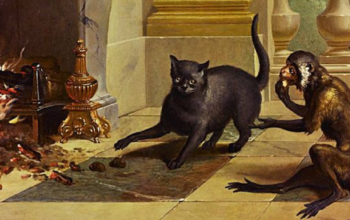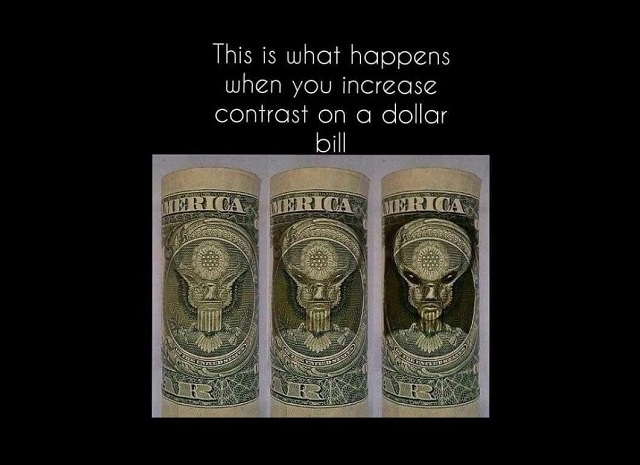You knew it was coming. It was just a matter of time. We have been spoon fed this dung for so long and now its’ time to swallow it. The Democrats are going to try to force us to pay for this scam. The ball is in motion. This stupid proposal would impact everything from the cost of electricity to heating your home. And to top it off, add to the cost of gasoline.
These corrupt politicians have to go. There is no doubt about it.
Plan Uses Taxes to Fight Climate Change.
Dealing with global warming will be painful, says one of the most powerful Democrats in Congress. To back up his claim he is proposing a recipe many people won’t like _ a 50-cent gasoline tax, a carbon tax and scaling back tax breaks for some home owners.
“I’m trying to have everybody understand that this is going to cost and that it’s going to have a measure of pain that you’re not going to like,” Rep. John Dingell, who is marking his 52nd year in Congress, said Wednesday in an interview with The Associated Press.
Dingell will offer a “discussion draft” outlining his tax proposals on Thursday, the same day that President Bush holds a two-day conference to discuss voluntary efforts to combat climate change.
But Dingell, chairman of the House Energy and Commerce Committee that will craft climate legislation, is making it clear that he believes tackling global warming will require a lot more if it is to be taken seriously.
“This is going to cause pain,” he said, adding that he wants to make certain “the pain is shared in a way that is fair, proper, acceptable and accomplishes the basic purpose” of reducing greenhouse gases, mainly carbon dioxide from burning fossil fuels.
Dingell said he’s not sure what the final climate package will include when the House takes it up for a vote. The taxes measures he’s proposing, in fact, will be taken up by another House committee. And the Senate is considering a market-based system that would set an economy-wide ceiling on the amount of carbon dioxide that would be allowed to be released.
Dingell says he hasn’t rule out such a so-called “cap-and-trade” system, either, but that at least for now he wants to float what he believes is a better idea. He will propose for discussion:
_A 50-cent-a-gallon tax on gasoline and jet fuel, phased in over five years, on top of existing taxes.
_A tax on carbon, at $50 a ton, released from burning coal, petroleum or natural gas.
_Phaseout of the interest tax deduction on home mortgages for homes over 3,000 square feet. Owners would keep most of the deduction for homes at the lower end of the scale, but it would be eliminated entirely for homes of 4,200 feet or more.
He estimates that would affect 10 percent of homeowners. He says “it’s only fair” to tax those who buy large suburban houses and create urban sprawl. Historic and farm houses would be exempted.
Some of the revenue would be used to reduce payroll taxes, but most would go elsewhere including for highway construction, mass transit, paying for Social Security and health programs and to help the poor pay energy bills.
In the interview Wednesday, Dingell acknowledged he’s tackling some of the most sacred of political cows. He’s not sure if they will end up in the climate legislation, but he wants to open them for discussion.
“All my friends tell me you can’t do this, it’s going to be political poison,” said Dingell, 81, who has served longer in the House than any of his colleagues and heads one of the chamber’s most powerful committees.
Widely known for protecting the automakers who are so prominent in his state, the Michigan Democrat first raised the tax ideas this summer. Some people immediately suggested he was offering proposals he knows won’t pass to sidestep other issues such as automobile fuel economy increases.
Dingell rejects such criticism and said he wants to trigger “an intelligent discussion of the whole question.”
Many economists have long maintained that a carbon tax is a more-efficient, less-bureaucratic way to reduce the emissions of carbon dioxide than a cap-and-trade system, which could be difficult to administer.
A carbon tax would impact everything from the cost of electricity to winter heating and add to the cost of gasoline and other motor fuels. But economists say a cap on carbon also would raise these costs as burning fossil fuels becomes more expensive.
Such tax proposals have gained little traction.
Rep. Pete Starke, D-Calif., has been trying unsuccessfully to get a carbon tax for 16 years. In the early 1990s the House passed a modest “BTU” tax on the heat content of fuels, only to have it die in the Senate. Dingell acknowledged that there are still people who blame the Democrats’ loss of Congress in 1994 on the ill-fated tax.
The federal 18.4-cent gasoline tax also has been a subject of discussion, but not about increasing it. As gasoline prices soared above $3 a gallon last year a chorus of lawmakers called for suspending the tax.


